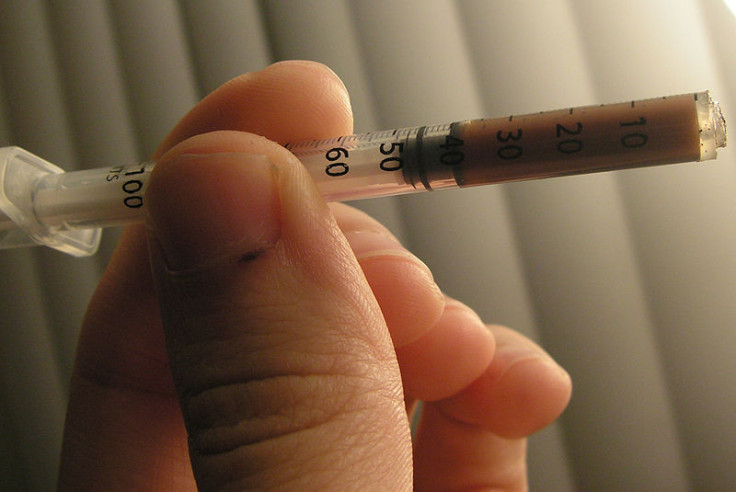New Deadly Drug AH-7921: Legal High Doxylam as Toxic as Heroin

Norman Baker, Liberal Democrat Home Office minister, has issued a warning over the use of a potentially deadly new legal high which has a similar effect to heroin.
Synthetic opiates, which are generally made in laboratories in China and India, are becoming a more prevalent problem in Britain. According to Baker, the new legal highs are a "major new challenge" that could potentially pose more of a risk than illegal drugs.
Baker asked the Home Office's Advisory Council on the Misuse of Drugs to further examine heroin-like substances, to develop new methods to control use and distribution. One of the suggestions to tackle the problem recommended by Baker is to regulate the drugs through "head shops". Speaking to the Times, he said: "We should maybe look at licensing them like sex shops with blacked-out windows and not allowing under-18s in."
But what are legal opiates?
The drugs have been linked with 68 deaths last year alone, according to the Daily Mirror. Most legal highs imitate the effects of cocaine and ecstasy, but concerns have been raised over the development of chemicals that replicate heroin.
One of the drugs is AH-7921, commercially known as Doxylam, which can be bought online for as little as £25. Last August, Jason Nock, a 41-year-old father-of-one from Cradley Heath, West Midlands, died in his sleep after taking the drug. As the substance is unregulated, he accidentally took five times the fatal amount of Doxylam. He hoped it would cure his insomnia, but he never awoke.
Where did AH-7921 come from?
The drug is believed to have been developed in the 1970s by Allen and Hanburys as a strong pain reliever. It was never developed commercially, but experts have suggested the substance may have been recreated using information from archaic science reports.
When administered orally, it can have around 80% of the strength of morphine. In 2013, it was discovered to have been used as an active ingredient in "synthetic cannabis" products created in Japan. No thorough research has been done on AH-7921, which makes the use of the drug particularly dangerous.
Speaking to the Independent, John Ramsey, a toxicologist, said: "We don't know anything about the health consequences of using these sort of things because no research has been done on it. It is generally accepted [AD-7921] could be hazardous and you have to go out of your way to find it."
© Copyright IBTimes 2024. All rights reserved.





